Lewis Grassic Gibbon’s Sunset Song is the best-remembered title of a short career. Born in 1901, he was dead by 1935. The novel hymned the rhythms of rural life in north-east Scotland in prose that to modern ears sounds as if it comes from a museum of Grampian folklore. At its heart is Chris Guthrie, a spirited young woman whose dream of bettering herself as a teacher is thwarted by tragedy.
The world of Sunset Song is a bull’s-eye for Terence Davies, the British director who has always been nostalgically drawn to the travails of unlucky women. Leadings actresses form an orderly queue to emote in his gorgeously lit interiors. Gillian Anderson was up for an Oscar for The House of Mirth and there was a Golden Globe nom for Rachel Weisz in The Deep Blue Sea.
Sunset Song calls for an actress who can pass for a teenager and bloom into womanhood, and Davies has plumped for Agyness Deyn, a rangy former model of surpassing loveliness who has no trouble persuading the camera to linger. Davies snakes around her in wind-quivered wheatfields and beside still reflecting ponds. Firelight and sunlight fall on her loganberry lips and peachy cheeks, pearly gnashers and soulful peepers. Inevitably, this being a coming-of-age story, he also watches her inspect her own shapeliness in the mirror. When an itinerant worker slurps kisses on her ankles, you’ve a job not to feel faintly complicit. Polanski felt similarly about Nastassja Kinski in Tess.
We are in the world of a Scottish Hardy, which finds a woman in soothing oneness with nature but blighted by the blindsadism of indifferent fate. The source of Chris’s sorrows is another regular trope in Davies, whose work can be read as a career-long patricidal assault. His first tyrannical father was Davies’s own, played by Pete Postlethwaite in the autobiographical reminiscence of a working-class Liverpool childhood, Distant Voices, Still Lives. The latest is Chris’s father, a leathery God-fearing farmer who impregnates his suffering drudge of a wife to the sound of bedspring squeaks, soon followed by the agonising howls of labour. Peter Mullan, cinema’s go-to Scottish ogre, imparts righteousness and pipe-smoking to a terrifying performance he’s been varying for years. To give us all a break, might someone cast him in Hay Fever or Much Ado or something with handbags and tulle? It’s a blessed relief when he suffers a stroke and, still threatening to rape his daughter, wrathfully bites the dust.
Death and emigration duly hollow out the household, leaving Chris free to live without censure. Ewan, a shy young admirer (Kevin Guthrie) from a neighbouring farm, makes eyes at her and soon enough they’re married, to the clump of reels in the cow barn, and doing what comes naturally in the bedroom. Cue more blood-curdling labour pains. Then a shot is fired in Sarajevo and from the pulpit of the kirk the minister fulminates against cowards while white feathers attached to stones hurl through windows.
Sunset Song is best at its slowest and stillest. In one remarkable take, the camera holds fast as Chris’s brother Will (Jack Greenlees) removes his smock and barely flinches when thrashed by his father, then dresses again and exits. In another, the camera turns through 360 degrees to watch a cart carrying away one set of visitors and bringing another. At the wedding the guests singing ‘Auld Lang Syne’ fade off the screen to leave just the expectant newly-weds. Davies frames tastefully painted domestic interiors with the grace of a Dutch master, while outside his wide-angled lens pays its respects to the swelling landscape. (He was unlucky with the weather: there’s much use of the rain machine in radiant sunshine.)
In defiant homage to the source, the script even lifts gobbets of voiceover from the novel, spoken by Deyn in the third person as if Chris is looking down on herself from a place of tranquillity. ‘She was no longer afraid, only sad for the father she never had and forgot to love.’ These intrusive captions just about work. The film is less certain where it simply has to report what happened next, with much rushing into rooms for news, and people reporting the headlines to each other (‘they say Parliament is to pass a conscription act’). Davies isn’t adept at hurrying a plot from A to C via B. The film loses its moorings altogether when Ewan returns from the trenches racked with self-loathing, bitter with reproach and giving a performance that jars in a way not quite intended.
Sunset Song falls short of outright masterliness, but Davies’s lyricism, achieved on a tiny budget, is unlike the work of any other British director and worth celebrating. And in Agyness Deyn he has unearthed a towering will-o’-the-wisp.
Got something to add? Join the discussion and comment below.
Get 10 issues for just $10
Subscribe to The Spectator Australia today for the next 10 magazine issues, plus full online access, for just $10.
You might disagree with half of it, but you’ll enjoy reading all of it. Try your first month for free, then just $2 a week for the remainder of your first year.

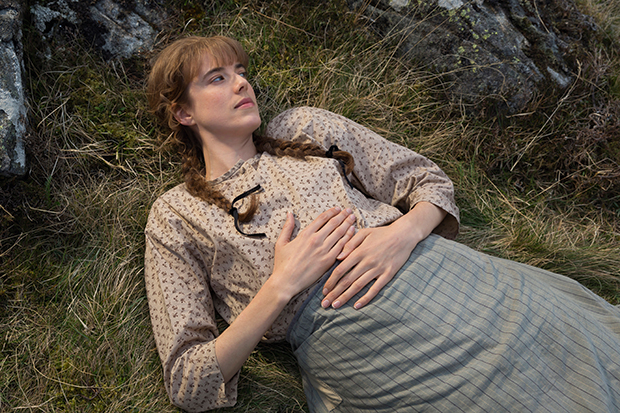
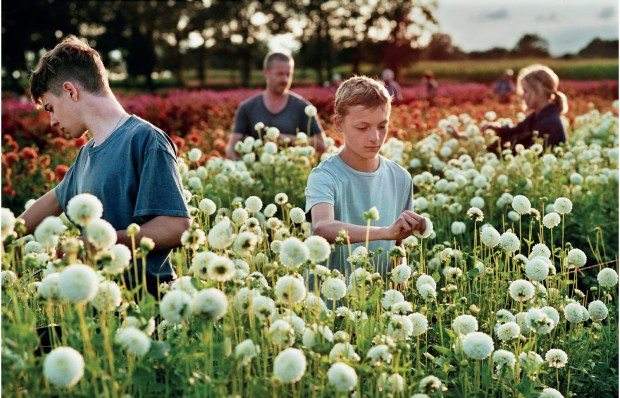

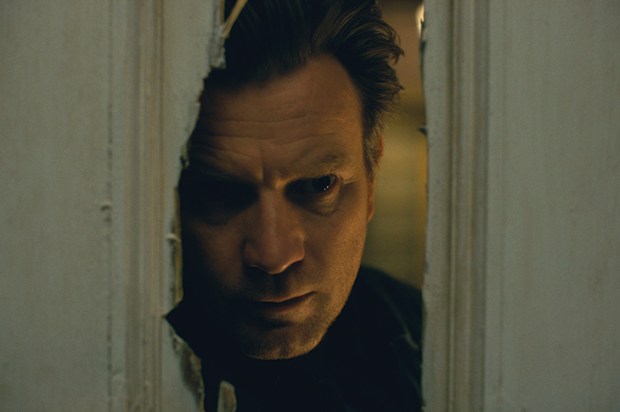
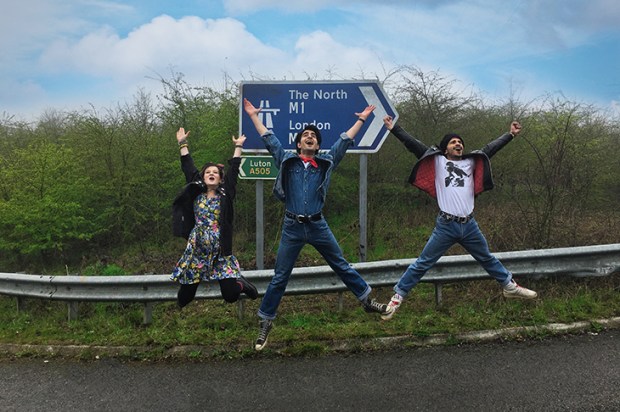
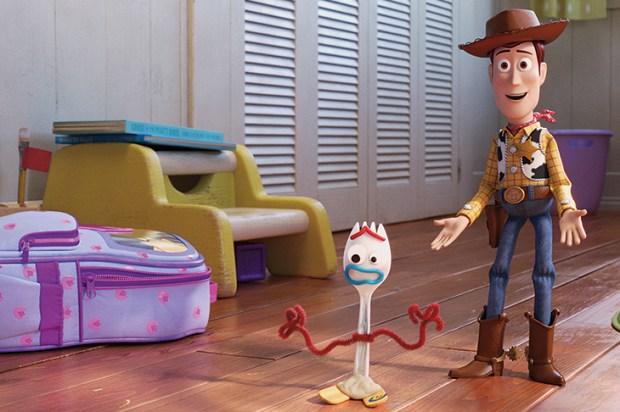
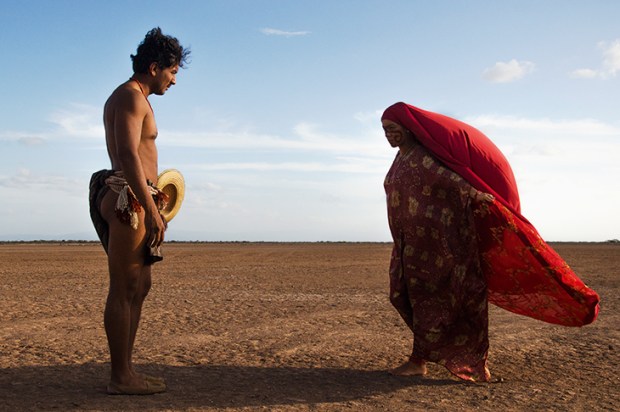






Comments
Don't miss out
Join the conversation with other Spectator Australia readers. Subscribe to leave a comment.
SUBSCRIBEAlready a subscriber? Log in